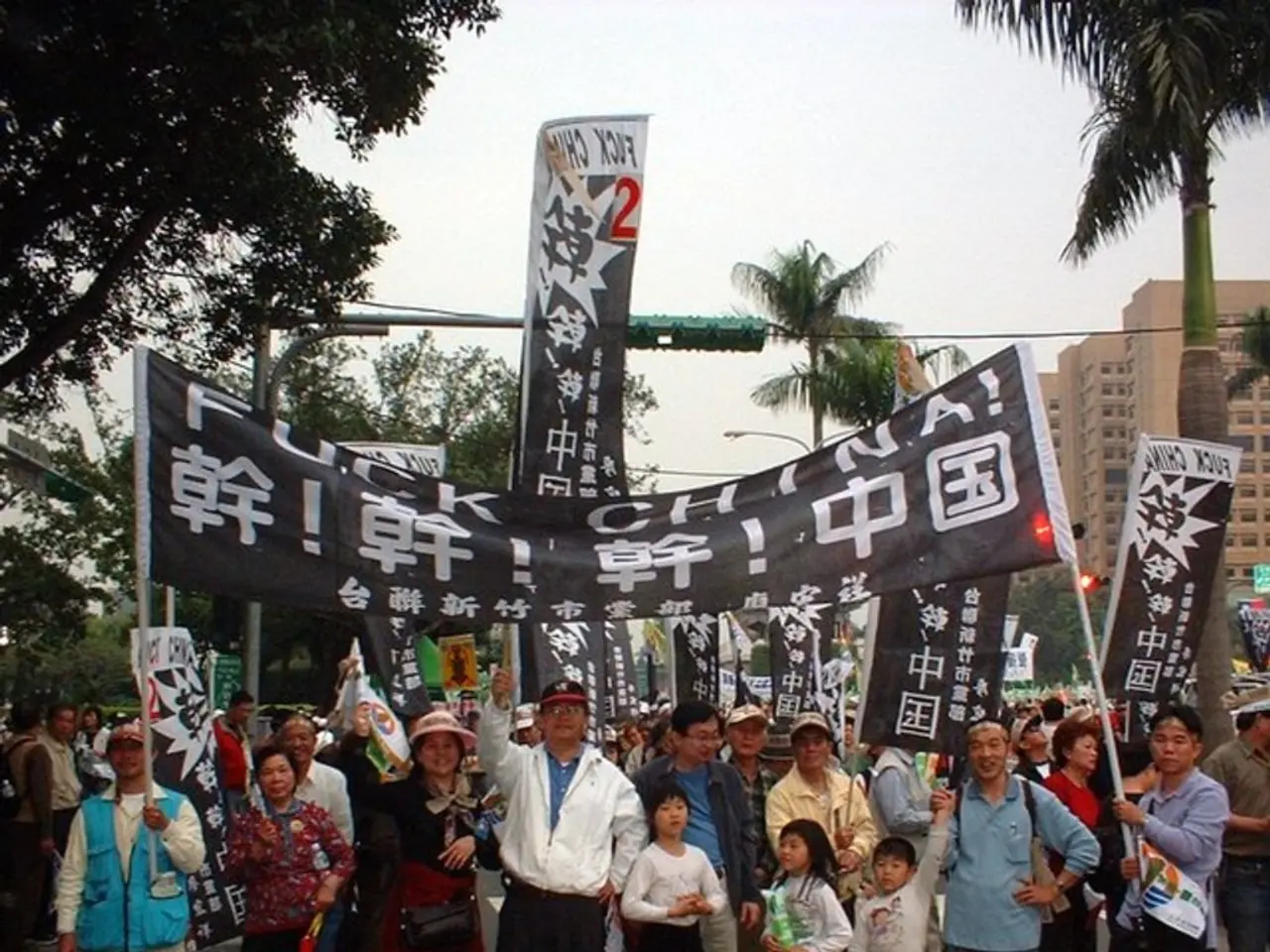Federal Government's Position: Unlimited Carbon Dioxide Emissions are Desirable
In a surprising turn of events, the Department of Energy (DOE) has released a report titled "A Critical Review Of Impacts Of Greenhouse Gas On The US Climate." The report, which presents a contrarian evaluation of greenhouse gas impacts, argues that climate change effects, particularly from CO₂, may be less harmful and in some cases beneficial to the U.S., especially in agriculture.
The report, co-authored by Ben Sanderson, highlights several key findings. It suggests that increasing atmospheric CO₂ has stimulated plant growth, improving yields for crops like corn, soybeans, and wheat. Moreover, historical climate data show fewer hot days now than in the 1930s, and wildfires have not increased relative to earlier decades.
However, the report has faced substantial criticism from mainstream climate scientists and commentators. Critics argue that the report cherry-picks data to downplay the threats posed by greenhouse gases and climate change, overemphasizing positive aspects like carbon fertilization without sufficient consideration of negative impacts. The report's lack of extensive engagement with the broader climate modeling consensus and peer-reviewed literature, as well as its lack of formal peer review and minimal discussion of adaptation strategies, further limit its utility for policymaking.
One of the report's most vocal critics is Chris Wright, the head of the DOE who made his fortune in the fracking business. Wright praised the report, expressing that it aims to restore confidence in science, data, and rationalism, and to restore some common sense around climate change and energy. However, many view the report as a deeply misleading anti-scientific narrative, built on deceptive arguments, misrepresented datasets, and distortion of actual scientific understanding.
Despite the controversy, the report has been criticized for being expunged from official US government thinking. This comes after the US government fired everyone working on the next climate assessment three months prior to the report's release.
Zeke Hausfather, a research scientist at the climate nonprofit Berkeley Earth, finds the report to be a collection of oft-debunked skeptic claims and cherry-picked examples. Michael E. Mann, the director of the University of Pennsylvania's Center for Science, Sustainability, and the Media, considers the report typical of climate change deniers.
In summary, the DOE report presents an optimistic and skeptical perspective on greenhouse gas impacts, emphasizing benefits and scientific uncertainties. However, it faces criticism for selective evidence use and insufficient integration with established climate science consensus. The report's credibility is questioned due to its lack of extensive engagement with the broader climate modeling consensus and peer-reviewed literature, as well as its lack of formal peer review and minimal discussion of adaptation strategies.
- The newsletter featuring the DOE report on the impacts of greenhouse gases on the US climate argues that climate change Effects might be less harmful and even beneficial, particularly in agriculture.
- The policy discussion about the report highlights concerns of cherry-picking data and insufficient integration with established climate science consensus.
- The environmental science podcast discussing climate change may raise the issue of the DOE's controversial report, which has been criticized for selective evidence use and failing to consider negative impacts.
- In the general news section, readers might find debates on the credibility of the DOE report, questioning its lack of formal peer review, minimal discussion of adaptation strategies, and engagement with the broader climate modeling consensus and peer-reviewed literature.







